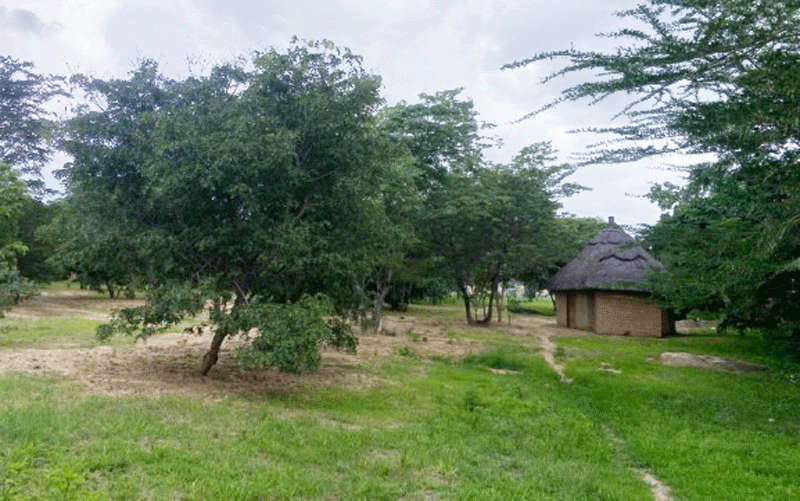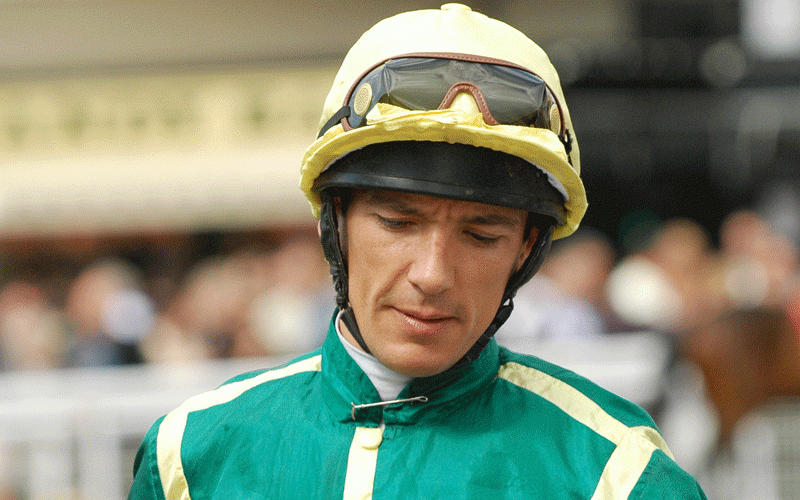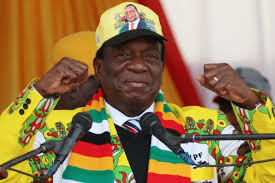
By Tim Middleton We all long for that perfect meal! We might decide to go for a delicious soup, followed by a sumptuous main course of roast lamb and finish it off with an elegant, tasty crème brulee. Or perhaps we would prefer to go for a starter of garlic mushrooms, move on to a spicy beef curry followed by a delicious cheesecake? Alright, enough! Our mouths are already salivating and our dinner is not for some time yet! Indeed, not many of us will necessarily have a full three course meal; we will often skip the starter and maybe deny ourselves the dessert, simply making do with the main course.
Have we ever wondered why we have the starter? Often it is very small so why bother? The purpose of the hors d’oeuvres is to whet our appetite for what is to come, to stimulate our taste buds in a particular direction, to get our digestive process going. In a similar manner the purpose of an introduction in a book or article is to instil an engagement in the subject, to provide an explanation of what is to come and to establish some credibility in what will follow. So, the purpose of these introductory comments has been to whet our appetite for what is to come in this article, to stimulate our thoughts in a particular direction regarding education, to get our thinking caps on — as well as explain, engage and establish.
Enough then of the starters in this article — let us move on to the main course. And what is the main course, the direction of this article? As we might have deduced already, it is all about intros; more specifically, and following on from a previous article, it is to say that we need to indulge in some introspection before we look to apply inspection in education. We need to partake of the intro.
Introspection refers to the act of looking within or inwardly; it requires us to look at ourselves before we look at others, not least as we may be guilty of far greater wrongs than the errors we highlight in others. Jesus Christ Himself spoke graphically of this concept when He urged people to take the plank out of their own eye before they endeavoured to take the speck out of someone else’s eye. On another occasion He referred to the proverb known at that time of “Physician, heal thyself”, which has the same implication. We need to do this therefore in our workplace, in our home life, in our personal lives. Regarding education, we need to apply introspection within our own position, within our school and within the education system as a whole.
One of the key questions that introspection asks is: “Are we doing what we expect others to do?” After all, how can we expect others to do certain things if we are not prepared to do those things ourselves?
Just as education involves examinations, so we must be prepared through introspection to examine our own emotional and mental processes, as well as those processes in which we conduct education. The teacher who punishes a child for not handing in work on time but who does not return the work marked on time needs to examine himself first. The person who arrives late and expects everyone to fall into his schedule must apply serious introspection. The organisation that changes things or leaves things to the last minute must not wonder why those affected do not fulfil their duties. Before we direct people to carry out certain operations (through syllabi or curriculum) we must ensure they have the means to fulfil such requirements. If we are to have all children in Primary schools learning how to swim we must ensure all schools have the swimming pools (plus the funding to run them) to enable to do that. We must look within before we step out.
Examinations are hard — ask any child! They are not meant to be easy. We must therefore be prepared to ask those hard questions of ourselves before we ask others. We need to know the answers to the questions that we ask of others; we must be able to help them find the answers themselves. We will never establish any credibility if we do not undertake introspection ourselves. We need to look within before we speak out, as individuals, as schools, as a Ministry. Education needs to have a long, hard, close look at itself. For starters, educationist, examine yourself. Engagement will never come if we do not do so. What follows will be even more tasty as a result.
- Tim Middleton is the executive director of the Association of Trust Schools [ATS]. The views expressed in this article, however, are solely those of the author in his private capacity and do not necessarily represent the views of the ATS.
- email: [email protected]
- website: www.atschisz
- Chamisa under fire over US$120K donation
- Mavhunga puts DeMbare into Chibuku quarterfinals
- Pension funds bet on Cabora Bassa oilfields
- Councils defy govt fire tender directive










